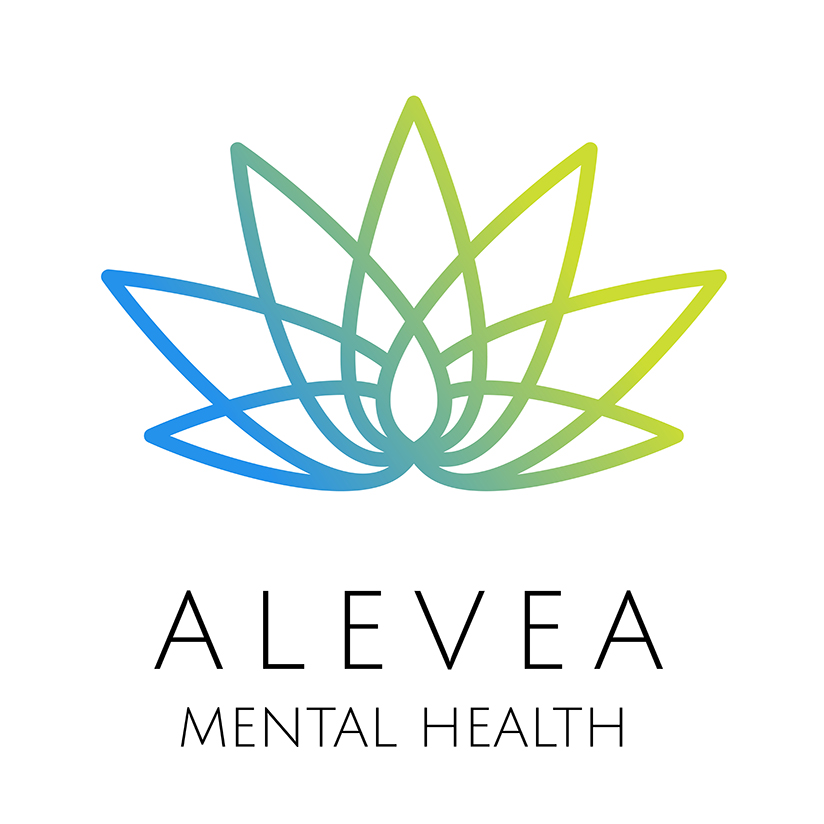In today’s fast-paced world, it is easy to become overwhelmed and stressed. The constant demands of work, family, and social obligations can take a toll on our mental well-being. Practicing mindfulness and meditation are powerful tools that can help us take control of our thoughts and emotions and improve our overall mental health.
Mindfulness is the practice of being fully present and aware of our thoughts, feelings, and surroundings. It involves paying attention to the present moment without judgment. Meditation, on the other hand, is a practice that involves focusing the mind on a particular object, thought, or activity to achieve mental clarity and emotional stability. Both mindfulness and meditation have been shown to reduce stress, anxiety, and depression and improve concentration, memory, and overall well-being.
One important aspect of mental well-being is recognizing and addressing any underlying mental health issues that may be present. One common mental health condition that often goes undiagnosed is Attention Deficit Hyperactivity Disorder (ADHD). ADHD is a neurodevelopmental disorder that affects children and adults and is characterized by symptoms such as inattention, hyperactivity, and impulsivity. While ADHD is often diagnosed in childhood, many adults may not realize that they have the disorder and may struggle with symptoms such as forgetfulness, disorganization, and difficulty focusing.
If you suspect that you or a loved one may have ADHD, it is important to seek a professional evaluation. A test for adhd may involve a series of questions about your symptoms, behaviors, and medical history, as well as cognitive and psychological assessments. A healthcare provider, such as a psychiatrist or psychologist, can conduct these tests and provide a diagnosis and treatment plan if necessary.
Practicing mindfulness and meditation can be beneficial for individuals with ADHD as well. Mindfulness can help individuals with ADHD improve their focus and attention by training their minds to stay present and focused on the task at hand. Meditation can also help individuals with ADHD reduce impulsivity and hyperactivity by promoting emotional regulation and self-control.
In addition to seeking professional evaluation and treatment for ADHD, incorporating mindfulness and meditation practices into your daily routine can help improve your mental well-being. Taking a few minutes each day to practice mindfulness and meditation can help you reduce stress, increase self-awareness, and improve your overall mental health. By making mindfulness and meditation a priority in your life, you can take control of your thoughts and emotions and improve your mental well-being in the process.
For more information visit:
Alevea Mental Health | Young Adult Psychiatry
https://www.aleveamentalhealth.com/
“Discover the power of self-care and find your path to mental wellness with Alevea Mental Health – your one-stop destination for effective solutions and expert guidance. Take the first step towards a brighter, more fulfilled future today!”

